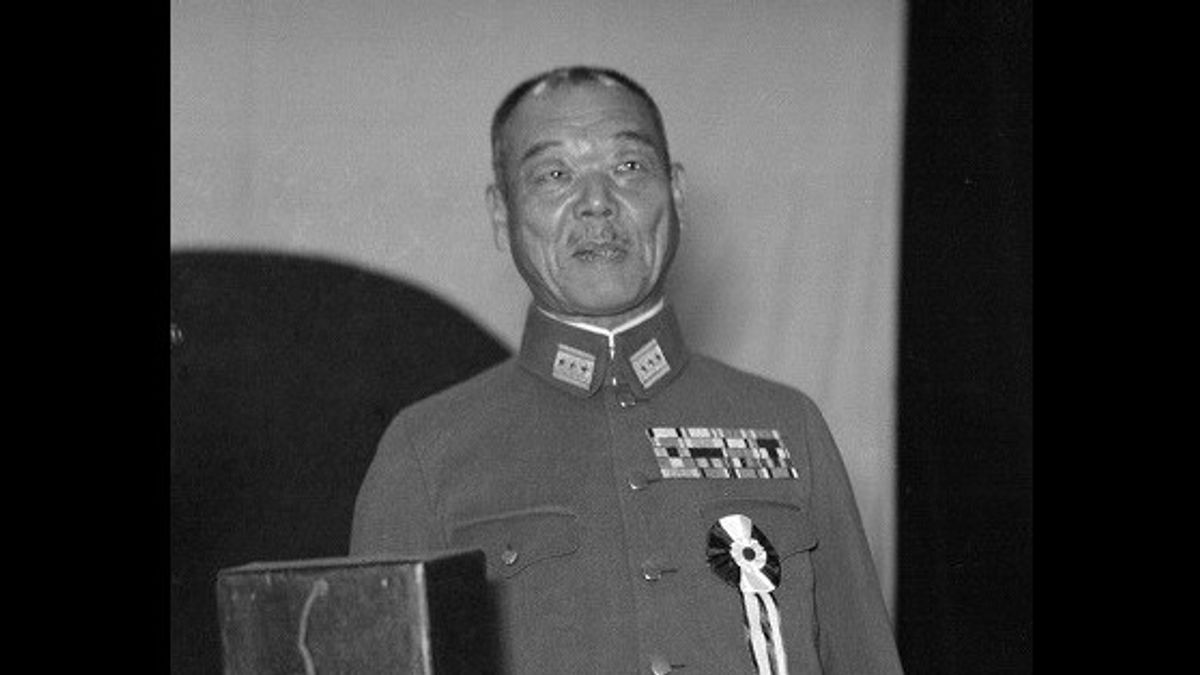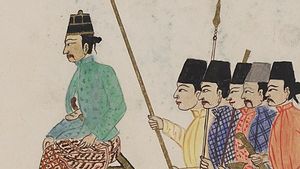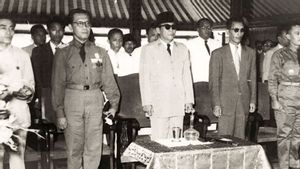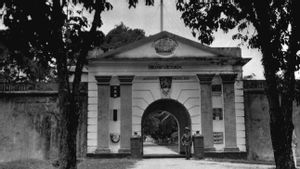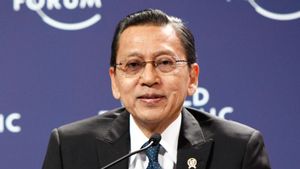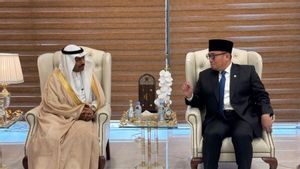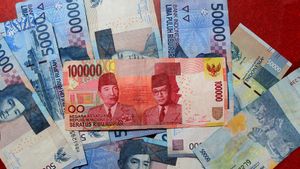JAKARTA History today, 79 years ago, September 7, 1944, the Japanese colonialists through the Prime Minister, Kuniaki Koiso promised independence to the East Indies (now: Indonesia). The promise was said because Japan's power faded in the Pacific War and wanted the whole of the archipelago to support it.
Previously, Japan's presence was greeted with great fanfare by all natives. The courage of the Japanese to expel the Dutch colonialists became the reason. Since then the character of Japan came out. Colonials are still colonialists.
Japan's desire to control Asia is peaking. The power-owner wants to be the release of every Asian nation colonized by the European nation. Japan wants to raise the Asian rank, as well as infiltrating the Asian desire to support them in the Pacific War.
This wish was read by the colonial government of the Dutch East Indies (now: Indonesia). However, they ignored it. He considered Japan not a threat. In fact, this assumption is wrong.Japan with a superior war fleet was able to easily tear apart Dutch troops in the archipelago.
Japan also controls the Dutch East Indies one by one. Japan tries to show who the real ruler is in the archipelago. As a result, the Dutch raised the white flag, a sign of surrender. The Bumiputras were happy not to play with the presence of Japan.
Japan's narrative as a liberator who expelled the Dutch was praised. All because the bumiputras were hot to be blackmailed like dairy cows by the Dutch. The arrival of Japan was also greeted with great fanfare.
Even though in the end Japan showed its true customs. The Japanese colonizers are no different from the Dutch. Colonials are still colonialists. The lives of the natives are getting ahead. The natives like being used by the Japanese just to support them in the Pacific War.
Even though the invaders faced destruction and death, even in times of crisis, the Dutch were not willing to give strength to the Indonesian people. Both politics, and physical. Due to hatred for this colonialist, it is not surprising that the Dutch disappeared from Indonesia accompanied by the oath of the people - who have been oppressed for centuries..
"On the other hand, people who do not know the nature of the Japanese nation who come to 'freedom' Indonesia, because fellow Asians, are happy to welcome this nation when they enter Jakarta and others in our homeland area," said BM Diah in the book Catatan BM Diah (2018).
Initially, Japan's power in the Pacific War had frightened many parties. However, Dewi Fortuna did not always be on the side of Japan. The power of power faded in 1944. Japan also understands this very well. They also asked their colony to continue to be loyal to help Japan.
SEE ALSO:
As a form of return, Japan then offered the Bumiputra promise of independence on September 7, 1944. The promise was directly revealed by Prime Minister Kuniaki Koiso in a special parliamentary session in Japan. Even though the promise was never realized. This is because the freedom fighters chose to liberate Indonesia independently.
On September 7, 1944, in the special parliamentary session Prime Minister Kuniaki Koiso announced that the Japanese Empire would give independence to the East Indies, To Indo no jori dakuriku (East INDIA is capable of independence now), as also promised to Burma and the Philippines..
Receiving news like this, it is said that Bung Karno cried with joy together with his Japanese friends. in the Djawa Baroe newspaper, a photo of Soekarno leading the mass parade to welcome the Koiso declaration. Moreover, later the Japanese military government in Java allowed the raising of the Red and White flag back at the offices of Java Hokokai (Java Awakening Movement), "explained Osa Kurniawan Ilham in the book Pejambon 1945: The Great Consensus of the Nation's Fractioning Organizers (2020).
The English, Chinese, Japanese, Arabic, and French versions are automatically generated by the AI. So there may still be inaccuracies in translating, please always see Indonesian as our main language. (system supported by DigitalSiber.id)
